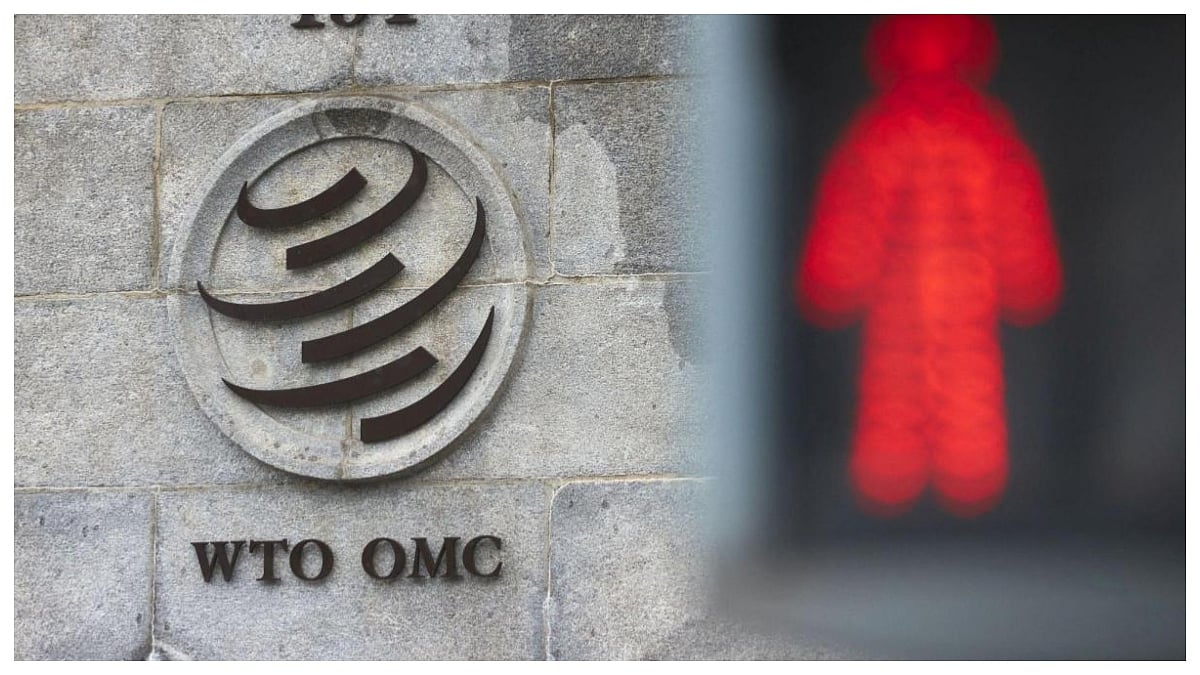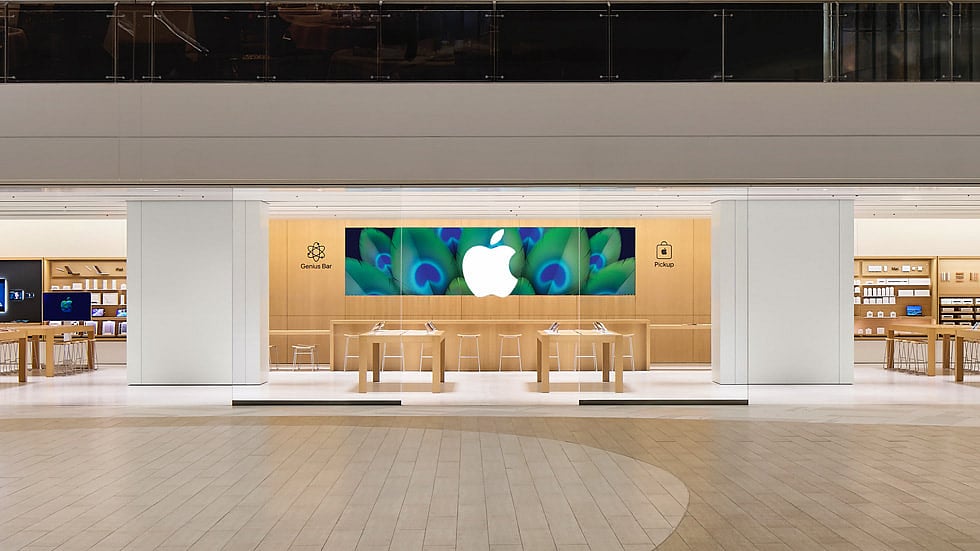What’s common between Alphabet Inc. (Google's parent company), Adobe, Microsoft, Diageo, IBM, Deloitte, Chanel and Novartis? They’re all well-respected mega corporations and global leaders in their respective domains – and yes, they are all run by CEOs of Indian origin. YouTube is the latest one to appoint Neal Mohan as the CEO in place of Susan Wojcicki. In one of my previous pieces, I had talked about the country-of-origin effect. I had said that products and brands are mostly bought based on the perceived value that a customer derives from the country of origin.
Cultural Advantage
What we discuss today transcends everything else in perceived value and has achieved global recognition - the Global Indian CEO. What makes him (or her) different? What makes them tick? Indian professionals are acknowledged for their proficiency in collaborating within multi-cultural teams and adeptness in managing social and cultural intricacies. Indian CEOs have latched on to this trend, utilizing their unique understanding of both Eastern and Western cultures to establish a thriving global business. All things being equal, this quality provides a much-needed edge for the top job. The Indian cultural and family-centric ethos often translates into strong inter-personal skills, a sense of inclusion and teamwork, and a yearning for learning – all of which are essential ingredients for success at the workplace. The Indian way of life - soaked in tradition - places a strong premium on quality education. Many Indian CEOs have been educated at highly competitive and prestigious institutions in India and around the world, and have achieved accolades in diverse fields of engineering, business, IT, data sciences, finance, etc. Similarly, the innate Indian ability to learn, tame and ride new technologies creates multiple avenues which can be leveraged for extending the impact and presence beyond our shores in an increasingly inter-connected world.
Indian business leaders are also known for their strong work ethic, unwavering commitment, diligence, integrity, hard work and remarkable leadership acumen. This stands them in good stead on their way up the corporate ladder.
India versus the West
There is often comparison (sometimes criticism and often unfair) about whether these individuals who rocked the world stage would have been as successful if they had stayed back in India. To me, this is a mindless comparison as the corporate cultures in India and the West are very different. The Western corporate culture is known for being a performance-driven and highly competitive culture, with intense focus on personal accountability. In India, given the social context, there is greater focus on collective success and hence a more compassionate or even accommodative corporate culture which can sometimes be perceived as an impediment to individual accomplishment or success. This is also changing in some measure with the corporate cultures fast converging – Western corporates becoming less ruthless and Indian corporates seeking greater accountability from their talent. The Global Indian CEO is not only an inspiration, he or she is also testament to the boundless talent and aspiration of the Indian youth, irrespective of where they are. They’ve shown that with hard work, determination and perseverance, they can make a mark on the world stage. They’re also an endorsement of the Indian way of life – the education, the socio-cultural value system, resourcefulness, the Indian work ethic, et al. We’re seeing that in the rapid growth of entrepreneurship and robust start-up ecosystem in the country, that have given rise to a new breed of young Indian business leaders who exhibit an extraordinary risk appetite and tread the uncharted path through their innovative ideas. This is fuelling the launch of the Indian economy to its next orbit, so much as to cause a shift in the global balance of power – the new world order.
New World order
Emerging economies of India, China, Russia, South Africa, Brazil, etc., are challenging the hegemony of traditional Western economic heavy-weights such as the United States, UK, Germany and others. This creates new opportunities for business leaders to take on top positions in multinational companies. Given the opportunities and overall optimism in the business environment in India, it just keeps getting better. As I finish this piece sitting at a Starbucks outlet in Jaipur, reading about Ajay Banga (former Mastercard CEO) being nominated for the top job at the World Bank by US President Joe Biden, I can’t help but imagine that soon, I may be able to take a sip of ‘filter kaapi’ right here at Starbucks (at least that’s what the memes suggested) when CEO designate Laxman Narasimhan of Indian origin (yes, yet another one!) takes charge of this multinational coffee powerhouse in April 2023. It’s India Shining … all the way!
(The author is a senior professional in the corporate sector and writes on varied topics that catch his fancy. The views expressed here are his own)




